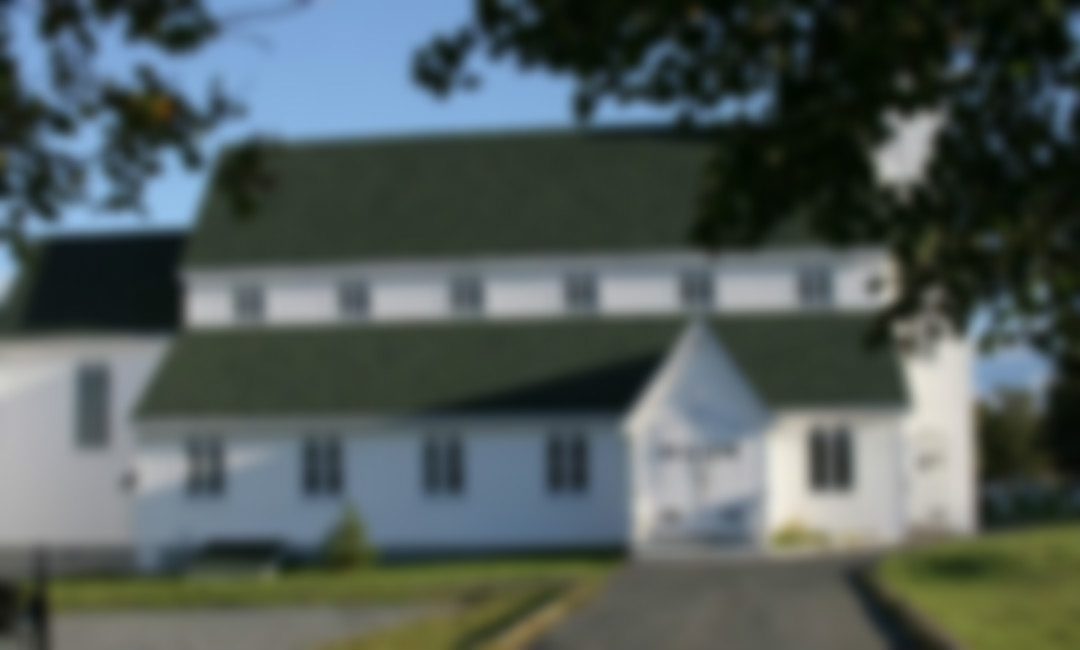Holy Matrimony is a public service of the Church and is therefore solemnized in a church building in the presence of the friends and family of those who come to be married and of the congregation of the Church.
The rites in either The Book of Alernative Services (1962) or The Book of Comon Prayer (1985) may be used. When both bride and groom are baptized, it is desirable that the marriage rite be incorporated within a celebration of the Holy Eucharist.
The couple is responsible for giving at least 60 days (preferably 90 days) notice to the parish prior to the proposed wedding date. The date and time of the wedding should be cleared with the officiating clergy. Weddings are not performed during Passiontide (the last two weeks of Lent including Holy Week).
At least one of the persons entering marriage must be baptized, and the bishop’s consent must be given when both persons are not baptized.
The Anglican Church of Canada permits the remarriage of persons who have been divorced at the discretion of the officiating clergy. The clergy will need to have a discussion with the person(s) who has been divorced and will require a copy of the ‘Certificate of Divorce’ as part of the application process.
The wedding fee is $250 payable to the parish no later than one week prior to the wedding service. This fee includes the required marriage preparation but not the organist fee.
If the couple wishes to provide their own organist or pianist, our parish organist will have to be compensated as per their fee. The use of another organist must be approved by the parish organist. Likewise, a soloist should not be invited before consultation with the parish organist, whom the couple should contact at least three months prior to the wedding to make the musical arrangements.
A marriage licence is required in this province and may be obtained from an issuer of marriage licences. To find a list of such persons, go to the provincial government ‘Department of Government Services’ website and follow the link for the ‘Vital Statistics’ division. The marriage licence must be provided to the parish office at least 4 days prior to the wedding.
If the couple desires clergy other than those of the parish to officiate or assist at their wedding, they must first consult with the parish clergy and an invitation to the other clergy will be extended by the rector or priest-in-charge of St. Peter’s. Clergy of another Christian tradition may be invited to participate in the ceremony by the parish clergy.
The couple must complete marriage preparation under the guidance of the parish clergy, so that the couple may attain a Christian understanding of the purpose of marriage and may be encouraged to give effect, with God’s help, to the vows which they are preparing to make.
A couple living away from the Parish of St. Peter are required to arrange for marriage preparation with the assistance of the clergy of the parish in which they reside. Written confirmation indicating that the couple has completed marriage preparation will be required by the officiating clergy for the wedding to proceed.
The couple will need to choose readings and readers for the wedding service. The priest will provide guidance in this regard. The couple will also need to choose a person to lead the ‘Prayers of the People’ (if The Book of Alternative Services is used).
Hymns or musical selections must be chosen in consultation with the parish organist. There is available a wide assortment of sacred music appropriate for weddings which reflects the presence of God’s love and grace in marriage and in the life of the couple. Secular pop tunes are not permitted.
The flowers that are normally in the church may be all that are desired. However, if the couple wishes to have special flowers, they must provide them in consultation with the Altar Guild. Artificial flowers are not acceptable in the church.
Flowers placed in the church for the wedding service are not normally removed following the ceremony. If the couple wishes to have reserved seating in the church they can provide the pew markers provided they are removed after the service.
A professional or designated photographer may take photographs at the following points during the service: (1) as the bridal party enters the church (processional); (2) during the signing of the register; (3) when the wedding party leaves the church (the recessional); and (4) other points only with the explicit permission of the officiating clergy.
A Video camera may film the wedding only with the explicit permission of the officiating clergy who will assign a single designated location from which all filming will take place.
Unity rituals (unity candle, co-mingling of sands, etc.) are permitted in the liturgy of the Church at St. Peter’s, in consultatioin with the officiating clergy. The couple will be responsible for providing the elements they choose to use.
Please feel free to contact the parish if you have any questions with respect to the above information or any other issues around your wedding plans.
